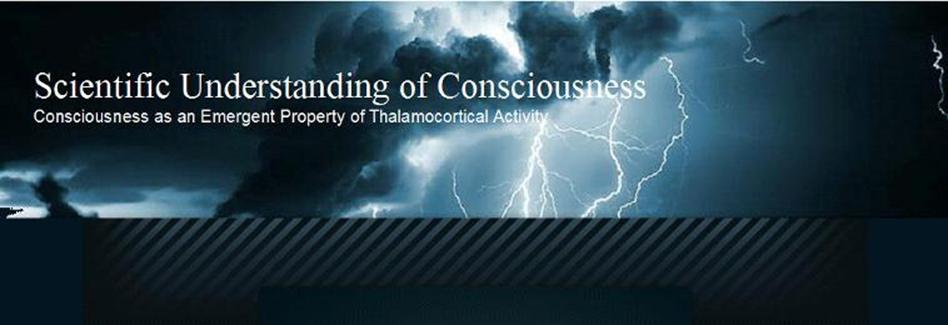
|
Hippocampal Engram serves as an Index of Memory Content
Science 27 Jul 2018: Vol. 361, Issue 6400, pp. 392-397 The hippocampal engram maps experience but not place Kazumasa Z. Tanaka, et.al. Laboratory for Circuit and Behavioral Physiology, RIKEN Center for Brain Science, 2-1 Hirosawa, Wakoshi, Saitama, Japan. Department of Life Sciences, Graduate School of Arts and Sciences, University of Tokyo, Tokyo, Japan. [paraphrase] Episodic memories are encoded by a sparse population of hippocampal neurons. In mice, optogenetic manipulation of this memory engram established that these neurons are indispensable and inducing for memory recall. However, little is known about their in vivo activity or precise role in memory. We found that during memory encoding, only a fraction of CA1 place cells function as engram neurons, distinguished by firing repetitive bursts paced at the theta frequency. During memory recall, these neurons remained highly context specific, yet demonstrated preferential remapping of their place fields. These data demonstrate a dissociation of precise spatial coding and contextual indexing by distinct hippocampal ensembles and suggest that the hippocampal engram serves as an index of memory content. Numerous theories have attempted to link the physiology of the hippocampus with its role in episodic memory; however, experimental tests of these ideas remain scarce. One prevailing model suggests that the hippocampal memory trace contains rich information about the animal’s current location within the cognitive domain, providing a spatial framework on which events and items can be anchored and related. This model is supported by data demonstrating that synaptic plasticity stabilizes these hippocampal maps and that animals can reliably recall these representations, even at remote time points. An alternative, although not mutually exclusive, hypothesis, the memory index theory, asserts that the hippocampal memory trace is primarily an index that provides rapid and efficient access to the content of an episodic memory stored in the neocortex. This theory is agnostic to the information content in the hippocampus, emphasizing its role in reactivating downstream cortical modules, with plasticity serving to establish a link between the hippocampal index and the neocortical activity pattern. When animals explore a novel context, an engram is formed by a fraction of the place cells, suggesting that the plasticity involved in engram formation is distinct from that for formation of place fields. During encoding in the labeled context, engram neurons demonstrate repetitive theta-frequency bursts. In vitro, this pattern of action potentials is known to produce a form of long-term potentiation mediated by brain-derived neurotrophic factor (BDNF) secretion and dependent on c-Fos expression. c-Fos expression and theta bursts have been observed in CA1 when animals perform a non–spatial memory task, suggesting that this activity may be a signature of hippocampal engrams indexing broader types of memories. Our study does not support the idea that the hippocampal engram simply encodes spatial memory because these neurons do not maintain their firing locations in the same environment across time. Instead, we propose that these cells may serve as an index for contextual memory through a shift of firing rates. Compared to other place cells, during recall these c-Fos–positive neurons rapidly spike at rates that are highly correlated to their activity during the encoding period and are preferentially silent in a distinct context. This feature may explain why optogenetic stimulation of the hippocampal engram can influence contextual memory recall, despite lacking temporally meaningful pattern of spikes. Inhibition of the CA1 engram reduces downstream cortical reactivation, consistent with a role in indexing. Our data suggest that specific ensembles of hippocampal neurons simultaneously support distinct domains of episodic memories—spatially reliable c-Fos–negative neurons for configurational coding and spatially unstable engrams for contextual indexing. [end of paraphrase]
Return to — Hippocampus |